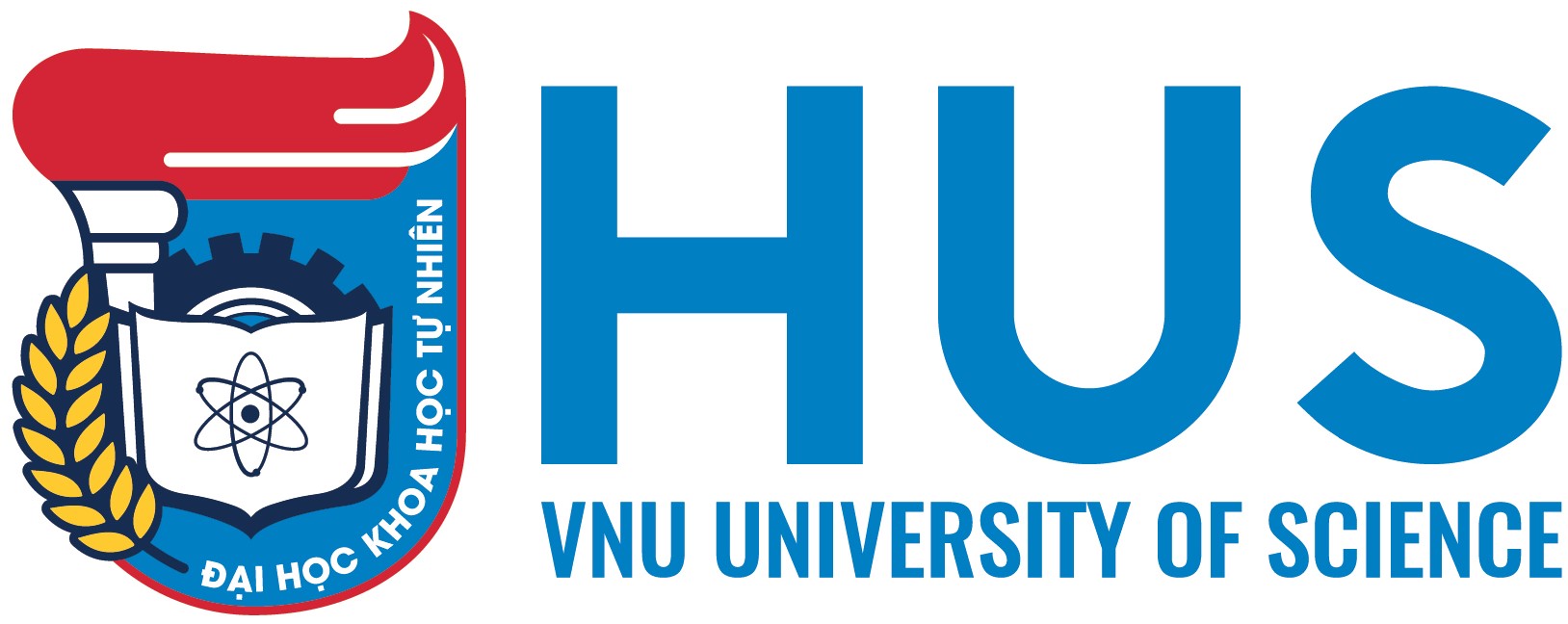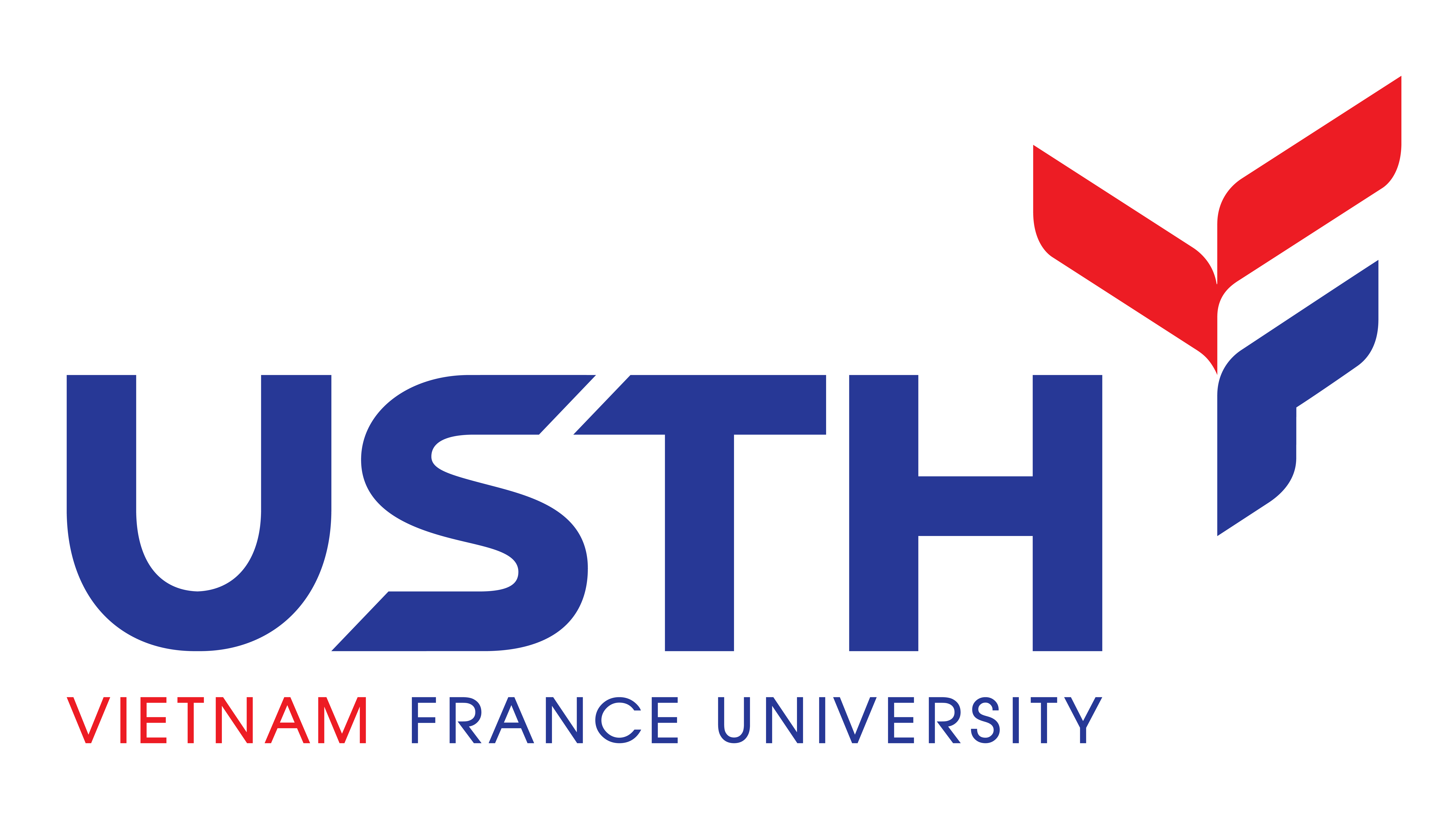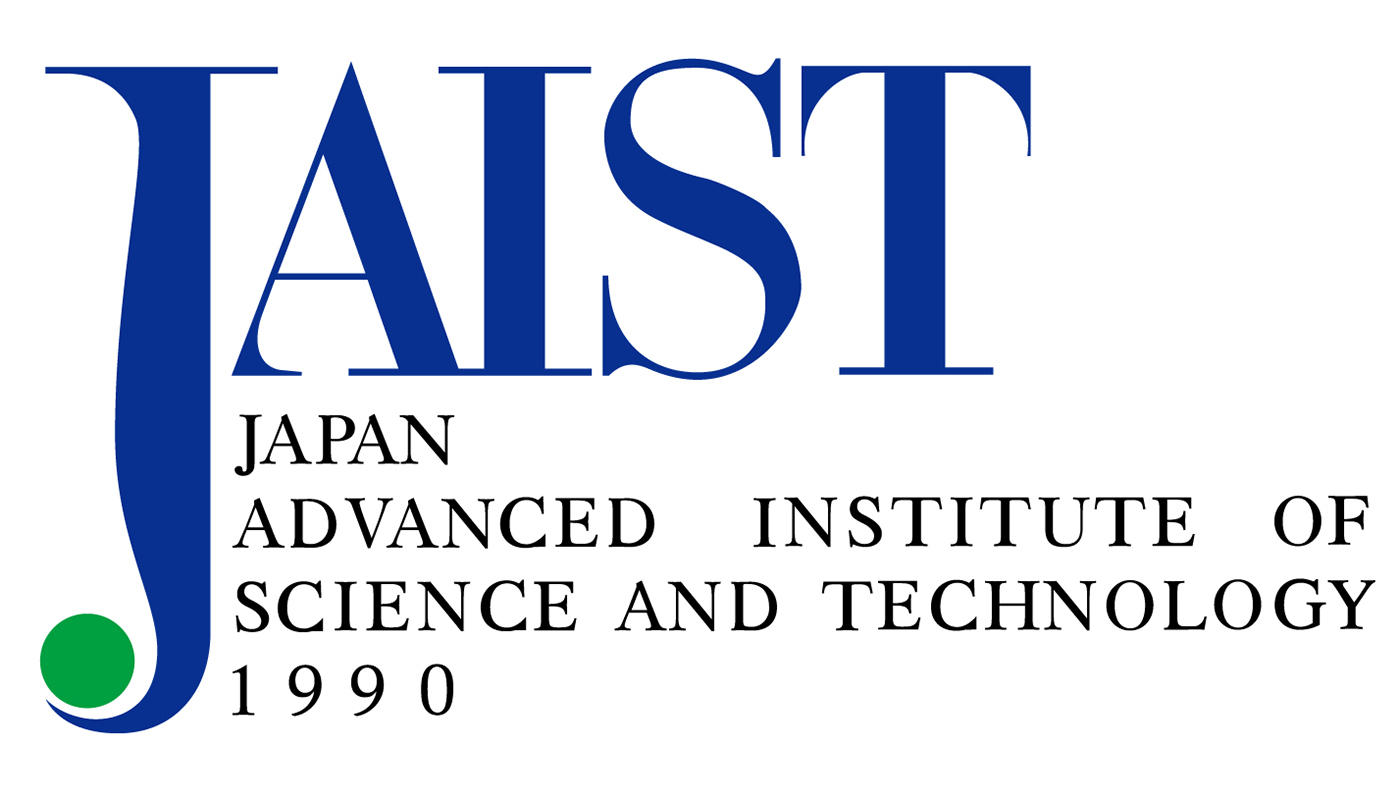VLSP 2023 Invited Talk: Reliable ML / AI: perspectives and challenges
 Xuan-Son Vu (Ph.D.) is a Senior Researcher of WASP Media & Language, department of computing science, Umeå University, Sweden. He is also the founder of DeepTensor AB and other communities like AIHUB.ML, OpenFactor.Org, MLOps.Vn. He received his Ph.D. degree from the Umeå University. He obtained a M.Sc degree in Computer Science, Kyungpook National University in Korea, with focus on NLP and Machine Learning. His work has been primarily focused on knowledge – both acquiring knowledge from text, multimodal data, and using structured knowledge to power downstream applications. He has been organising multiple scientific events and challenges such as Special session on Reliable & Secure ML, workshop chair at IEEE-BigDataService, MLOpsVN Marathon, AICovidVN-115M, and reviewer for journals/conferences including TheWebConf, ECAI, ICDM, PAKDD, SSR, SC2, COSE (Computer & Security), TPAMI, etc.
Xuan-Son Vu (Ph.D.) is a Senior Researcher of WASP Media & Language, department of computing science, Umeå University, Sweden. He is also the founder of DeepTensor AB and other communities like AIHUB.ML, OpenFactor.Org, MLOps.Vn. He received his Ph.D. degree from the Umeå University. He obtained a M.Sc degree in Computer Science, Kyungpook National University in Korea, with focus on NLP and Machine Learning. His work has been primarily focused on knowledge – both acquiring knowledge from text, multimodal data, and using structured knowledge to power downstream applications. He has been organising multiple scientific events and challenges such as Special session on Reliable & Secure ML, workshop chair at IEEE-BigDataService, MLOpsVN Marathon, AICovidVN-115M, and reviewer for journals/conferences including TheWebConf, ECAI, ICDM, PAKDD, SSR, SC2, COSE (Computer & Security), TPAMI, etc.
Reliable ML / AI: perspectives and challenges
Abtract. Reliable ML/AI is a crucial aspect of real-world AI/ML applications, given their extensive use across diverse fields such as healthcare, finance, and robotics, where they infuse intelligence in real-time. The design, development, and deployment of reliable, robust, and secure ML algorithms are essential for constructing trustworthy systems that provide dependable services to users involved in high-stakes decision-making.
For example, applications like AI-assisted robotic surgery, automated financial trading, and autonomous driving are susceptible to challenges such as concept drifts, dataset shifts, misspecifications, and adversarial attacks. These challenges are critical and they pose serious threats to various stakeholders at different levels.
In this talk, I will discuss our recent efforts in the area of reliable ML/AI, presenting insights from both research perspectives and practical system solutions. The talk will cover the following topics such as (i) enhanced privacy and security in model building, (ii) addressing bias and promoting fairness, (iii) explainability, and (iv) monitoring of AI/ML solutions in real applications.















